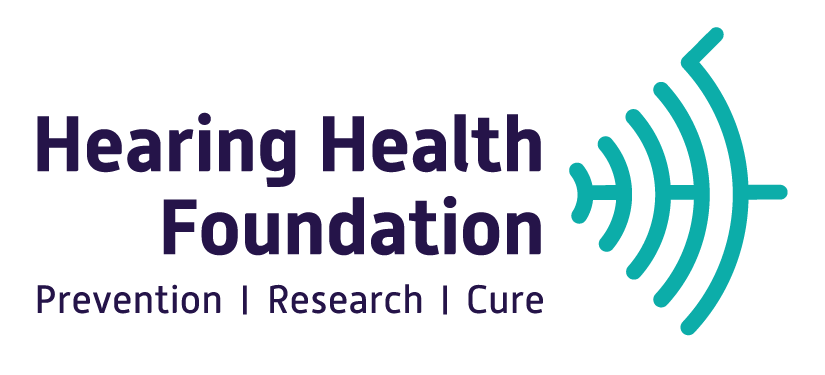Melissa Polonenko, Ph.D.
Meet the Researcher
Polonenko is an audiologist and neuroscientist who trained at Western University and the University of Toronto in Canada. She completed her postdoctoral training in neuroscience and biomedical engineering at the University of Rochester Medical Center and is now an assistant professor in the department of speech-language-hearing sciences at the University of Minnesota. Her 2023 Emerging Research Grant is generously funded by Royal Arch Research Assistance, renewed for a second year in 2024.
I’ve worked as a pediatric audiologist and experienced the importance of new tests that don’t require a behavioral response for young populations. Our field has mainly used very brief sounds, which can tell us a lot about hearing, but I’ve become more interested in how we can use more complex and real-life sounds such as continuous speech in our assessments.
My current project to identify hearing loss through neural responses will develop a new and efficient test—called multiband peaky speech—that uses engaging narrated stories and records electroencephalogram (EEG) responses from the surface of the head to identify frequency-specific hearing loss. Computer modeling and EEG experiments in adults will determine the best combination of parameters and stories to speed up the testing for use in children, and evaluate the test’s ability to identify hearing loss. In the future I’d like to see clinics use this test as a hearing screener for young children to help provide timely, enhanced information to support spoken language development.
As far back as I can remember, science has fascinated me! Originally I wanted to become a physician, but I became hooked to sensory science when I took a sensory psychology elective during my undergraduate studies. This is where I learned about the field of audiology and how the field is very multifaceted.
Helping people was always a passion of mine, so that’s why I followed the route of becoming a clinician and then clinician-scientist. Soon I think we will see much more translational work, bridging our expanding understanding of the neural underpinnings of how we use our multiple senses and applying that understanding to innovative ways to assess and treat hearing and balance challenges.
My grandmother had a progressively worse hearing loss and we could see how that impacted her ability to communicate and interact with family, especially as her dementia also progressed. Working with her during my clinical degree in audiology helped me to consider the real-life functional consequences of hearing while approaching my research.
I am an identical twin. She specializes in binocular vision (how your two eyes work together) and I specialize in binaural hearing (how your two ears work together)! We both pursued work in how senses combine bilateral information.
Melissa Polonenko, Ph.D., is a Royal Arch Research Assistance award recipient. Hearing Health Foundation sincerely thanks RARA for their ongoing commitment to research in the area of central auditory processing disorder.
Click to download this Meet the Researcher profile.
The Research
University of Minnesota–Twin Cities
Identifying hearing loss through neural responses to engaging stories
Spoken language acquisition in children with hearing loss relies on early identification of hearing loss followed by timely fitting of hearing devices to ensure they receive an adequate representation of the speech that they need to hear. Yet current tests for young children rely on non-speech stimuli, which are processed differently by hearing aids and do not fully capture the complexity of speech. This project will develop a new and efficient test—called multiband peaky speech—that uses engaging narrated stories and records responses from the surface of the head (EEG) to identify frequency-specific hearing loss. Computer modeling and EEG experiments in adults will determine the best combination of parameters and stories to speed up the testing for use in children, and evaluate the test’s ability to identify hearing loss. This work lays the necessary groundwork for extending this method to children and paves the way for clinics to use this test as a hearing screener for young children—and ultimately our ability to provide timely, enhanced information to support spoken language development.
Long-term goal: To develop an engaging, objective clinical test that uses stories to identify hearing loss in young children and evaluate changes to their responses to the same speech through hearing aids. This goal addresses two important needs identified by the U.S.’s Early Hearing Detection and Intervention (EHDI) program, and will positively impact the developmental trajectory of thousands of children who need monitoring of their hearing status and evaluation of outcomes with their hearing devices.
Generously funded by Royal Arch Research Assistance


